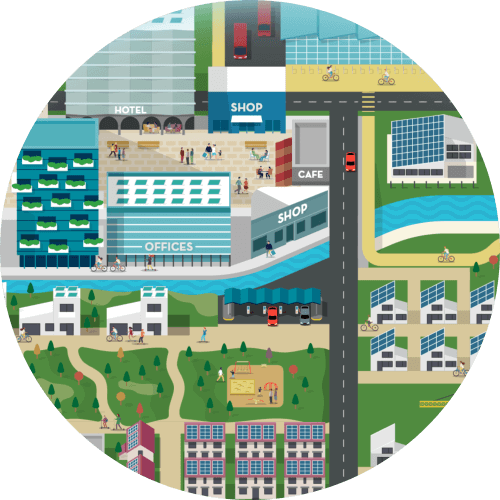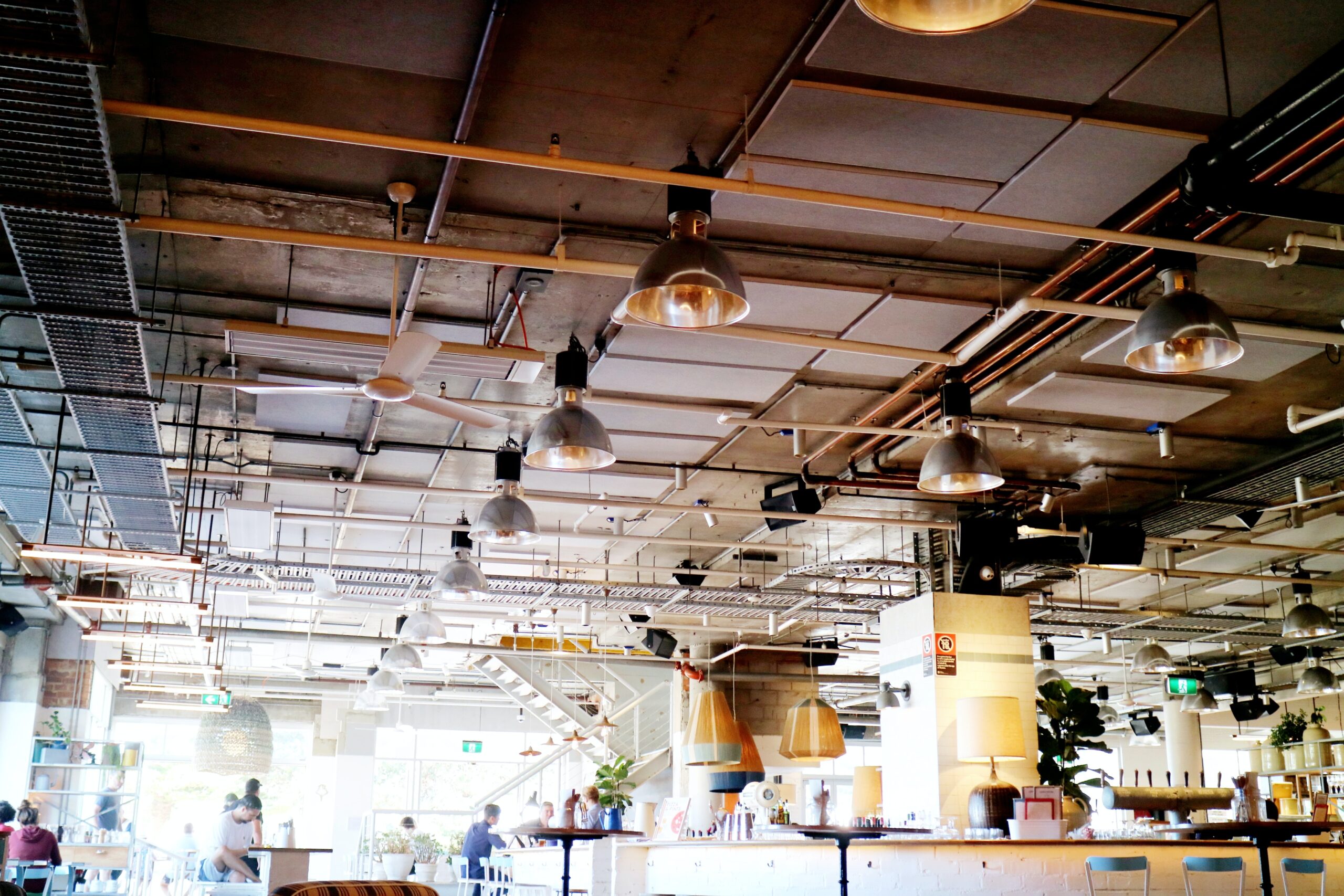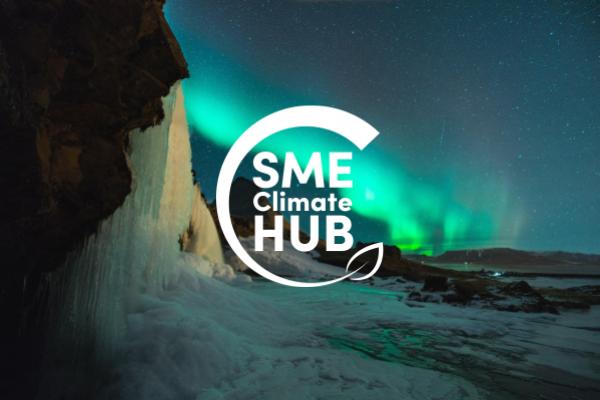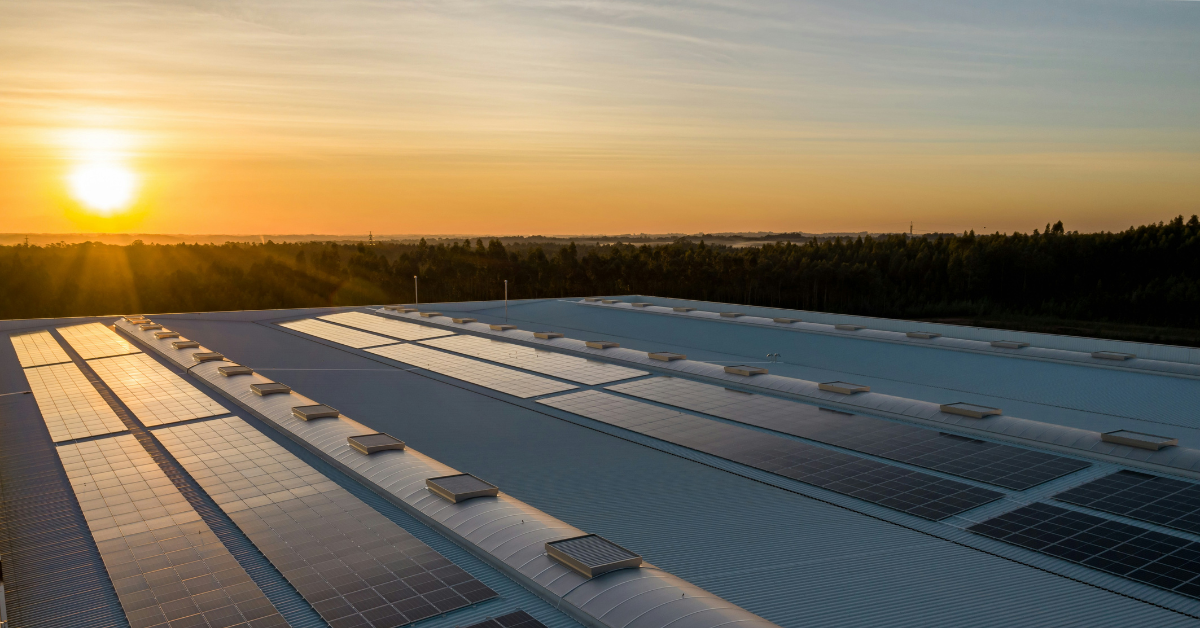COP29 can ensure SMEs thrive in the net-zero transition – here’s how

This article was first published in Edie.
The transition to a just, resilient, net-zero future is not possible without small and medium-sized businesses, known as SMEs. They are the engine of today’s economy and the backbone of global supply chains, accounting for about 90% of all businesses and around 70% of jobs worldwide. Small businesses will play a vital role in creating a just transition that delivers equitable human and economic development and builds the foundations of the green global economy.
SMEs are disproportionately vulnerable to the impacts of severe weather, with two-thirds of SMEs in emerging markets reporting they have already been affected by climate change. With a more local customer, employee and supplier base, smaller businesses face a heightened risk of shutting down during climate-related disasters.
The concerns and experiences of SMEs must be represented in discussions at COP29 in Baku, Azerbaijan if businesses are to play their full part in reducing emissions, while continuing to provide jobs and prosperity.
Smaller companies can have a central role in shaping and building a new economy, and withstand increasing disruption from climate impacts, but to do so, they need capacity building, technical support and increased access to finance and incentives provided by customers, suppliers or governments.
Collaboration for action
Ahead of COP29, the COP29 High-Level Champion launched the Climate-Proofing SME campaign to empower and enable SMEs to take ambitious climate action. By bringing together global and local organisations, the campaign creates a supporting ecosystem to build SME capacity in the green transition.
In partnership with the SME Climate Hub, an initiative of the We Mean Business Coalition and the Exponential Roadmap Initiative, and a Race to Zero partner, the High-Level Climate Champions have a three-pronged approach to help SMEs achieve this goal. First, we want to support these companies in building capacity and accessing resources, networks, tools and training. Second, we want to celebrate leadership, increasing the number of SMEs making ambitious climate commitments, showcasing their actions and amplifying their voices. Third, we want to catalyse collaborations, calling on large organisations to use their reach, experience and resources to support SMEs.
As a key pillar of the campaign, the SME Climate Hub and the High-Level Climate Champions worked together to launch the SME Climate Ambition Drive. Over 50 partner organisations across business and climate supported the SME Climate Ambition Drive to encourage SMEs to make a credible climate commitment through the SME Climate Hub. The Hub also provides free tools and resources for delivering and measuring progress.
Examples of leadership
This widespread support for SMEs is yet another sign of their importance and the need for them to be fully represented in global climate discussions and national transition plans — for the sake of the companies themselves, their employees and the stability of the wider society and economy.
Many SMEs in the SME Climate Hub network are not waiting for change and see the value in taking action today.
The US-based personal care brand, Dr. Bronner’s, for example, has installed solar panels to generate a significant portion of their electricity; developed water-saving and filtration systems; and worked with its suppliers to implement crop diversity, organic agriculture and other soil fertility measures to ensure the land can store as much carbon as possible.
Located off the coast of Zanzibar, Chumbe Island Coral Park (CHICOP), runs on solar energy, collects and cleans rainwater for use across the island’s water needs, and uses composting toilets. CHIPOC has implemented a no-waste system, reusing glass bottles for guest’s water, and by avoiding any single-use plastics or materials. The eco-resort merges sustainable tourism with marine conservation, by supporting and training the local community to protect marine biodiversity.
In the UK, since 2021, bicycle manufacturer Frog Bikes has reduced the emissions of each of its bikes by 25 per cent and is on track to halve emissions by 2030. The company has designed its pedals to be made from rice husk composite, reducing plastic use by 50 per cent, and recently began transitioning to post-consumer recycled aluminium in its bikes. It has also taken steps to green its packaging, with its boxes made from 82 per cent recycled cardboard. Frog Bikes also prioritises lower emissions shipping over air freight.
These are just three examples of the many projects that are taking place worldwide. However, to ensure that all SMEs can build sustainable operations, products and supply chains, governments and financial institutions need to make sure finance is both available and accessible to SMEs. A new global climate finance goal will be on the agenda at COP29. It will set the baseline for public climate finance flows to developing countries from 2026 onwards, and can build a highway for climate finance from the private sector.
Many companies either have headquarters, operations, customers or supply chains in developing countries. An agreement on climate finance that includes adequate levels of mitigation and adaptation finance will be crucial for these businesses. As key contributors to global supply chains, properly supported SMEs can help build local resilience efforts and underpin sustainable trade. SMEs, taking steps like reinforcing their buildings against flooding or creating backup supply options, are better equipped to manage and quickly recover from extreme events, and limit the costs on their own business, on global supply chains, and their consumers. SME actions will be key to developing the products and services that meet the needs of people and customers in a changing economy and climate.
To support the transition of SMEs, the SME Climate Hub is pushing for 10,000 companies to make the SME Climate Commitment by the end of COP29 and join Race to Zero. There are nearly 9,000 companies already on board.
If you would like to make the SME Climate Commitment and support SME voices being heard at COP29, you can sign up here.
Nigar Arpadarai is the UN Climate Change High-Level Champion for COP29
María Mendiluce is CEO of the We Mean Business Coalition

 Go back
Go back






